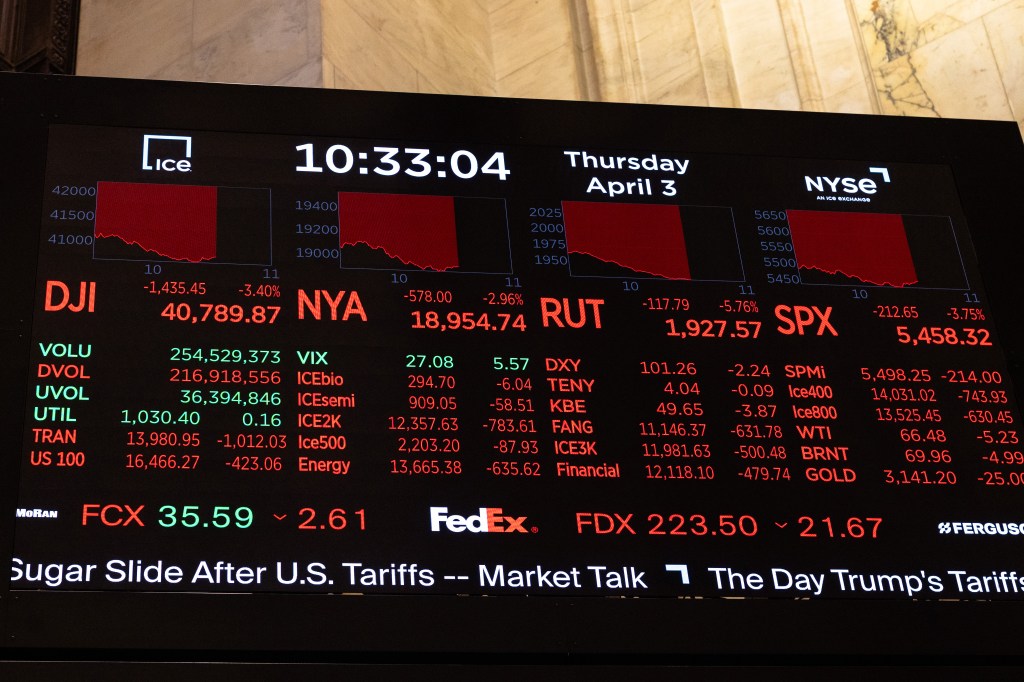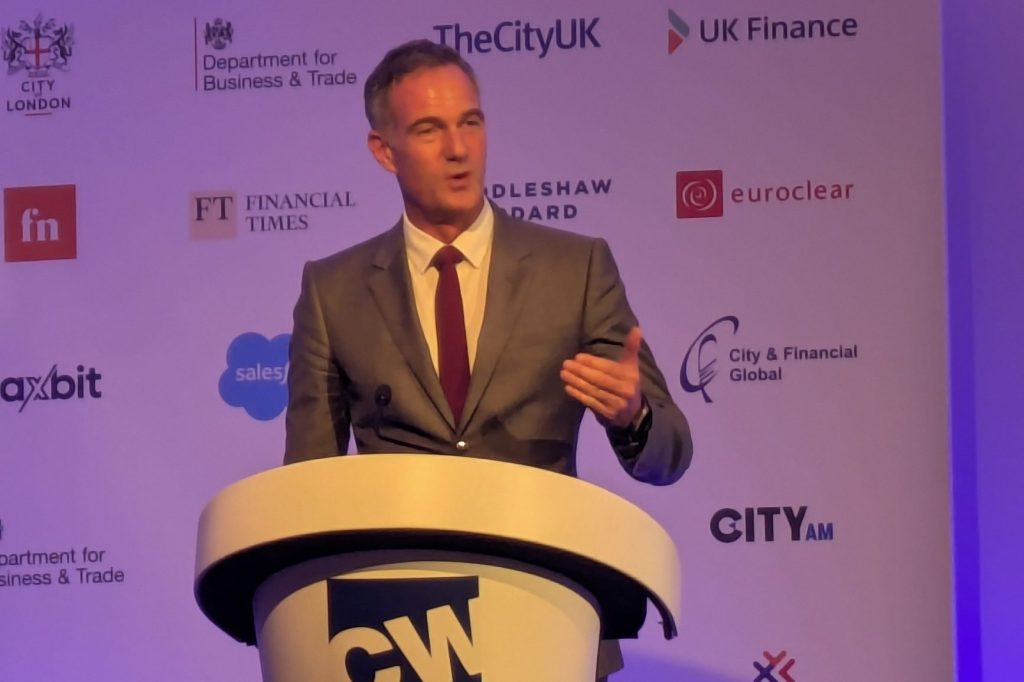The US Department of Labor (DOL) issued a final fiduciary rule yesterday that aims to expand strict fiduciary standards of conduct to cover more retirement plan advisers. The rule has already drawn a vocal outcry from Wall Street firms, and from investment advisers to insurance and annuity providers.
The regulation follows an initial Biden administration proposal in October 2023 and was issued by the DOL’s Employee Benefits Security Administration (ESBA). Its elements go into effect incrementally as follows:
- Starting on September 23, 2024, the financial industry must acknowledge fiduciary status when working with clients and adhere to “impartial conduct standards.”
- Those standards mean financial professionals, when giving personalized investment advice to customers, have an obligation to be prudent, loyal and truthful and charge reasonable fees, for example, DOL officials said.
- The remaining parts of the rule kick in a year later, in September 2025.
As the name implies, the final rule expands the scope of when a broker, adviser or other intermediary must act as a “fiduciary,” meaning they are required to give advice that puts the client first.
Fiduciary duty triggered
The new rule states that fiduciary duty is triggered when trusted financial services providers give compensated investment advice to retirement plan participants, individual retirement account owners, and plan officials responsible for administering plans and managing their assets.
These fiduciaries must adhere to high standards of care and loyalty when they recommend investments and avoid recommendations that favor the investment advice providers’ interests – financial or otherwise – at the retirement savers’ expense. Under the final rule and amended exemptions, financial institutions overseeing investment advice providers must have policies and procedures to manage conflicts of interest and ensure providers follow these guidelines.
The final rule differs in limited ways from the November 2023 proposal, which EBSA officials said was due to its consideration of more than 20,000 public comments and a US Court of Appeals for the Fifth Circuit ruling that overturned a prior Obama-era iteration of the rule in 2018.
One prong of a three-part test that appeared in the proposal, focusing on whether an adviser has discretion over retirement assets, doesn’t appear in the final rule. That test was tweaked to focus on the context of a “trust and confidence” relationship between a retirement saver and adviser to determine fiduciary status, according to Ali Khawar, Principal Deputy Assistant Secretary.
Prohibited transaction exemptions have also been revised under the final rule and EBSA chose not to add new disclosure provisions, aiming to harmonize the agency’s approach with the SECs Regulation Best Interest disclosure standards.
“Retirement investors can now trust that their investment advice provider is working in their best interest and helping to make unbiased decisions.”
Julie Su, Acting Secretary of the DOL
Still in the rule and adding breadth to it (in addition to the expanded definition of who qualifies as a fiduciary) is this: Under the prior ERISA rule, investment advice fiduciaries needed to avoid conflicts of interest or comply with an exemption’s conditions to receive compensation that otherwise would be prohibited. The amended exemptions in the new rule are broader and require investment advice fiduciaries to provide retirement investors with advice that is prudent, loyal, honest, and free from overcharges.
Why now?
The current definition of investment advice fiduciary was adopted in 1975, when individual retirement accounts were less common and before 401(k) plans existed. Most people relied on traditional pensions for retirement security. Today, individual plan participants and IRA owners – not professional money managers – are expected to make important, complex financial decisions. And to do so, they seek help from expert advisers. The DOL said this is what made updating this rule necessary.
“These new rules update regulations created nearly a half-century ago that simply are not providing the protections America’s workers need and deserve for their retirement savings so that they can retire with dignity,” said Lisa Gomez, Assistant Secretary for the ESBA.
A concern for conflicts of interest undergirds the rule and the DOL’s discussion about it. The rule seeks to ensure financial institutions overseeing investment advice providers have policies and procedures to manage conflicts of interest and ensure providers follow those guidelines.
“This rule protects the retirement investors from improper investment recommendations and harmful conflicts of interest. Retirement investors can now trust that their investment advice provider is working in their best interest and helping to make unbiased decisions,” said Acting Secretary Julie Su.
The Council of Economic Advisers estimates that Americans lose up to $5 billion a year due to conflicts of interest relative to one insurance product, an indexed annuity.
The backlash
Critics have also complained (including in an April 15 letter submitted to the DOL by the National Association of Insurance and Financial Advisers and 10 other industry groups) that the agency has rushed the rulemaking by limiting the public comments on the proposed rule to a 60-day period that stretched over several end-of-year holidays in late 2023.
Another outspoken opponent of the DOL’s rule has been the Insured Retirement Institute (IRI), which released a statement from its President and CEO Wayne Chopus on March 8 saying: “IRI is dismayed that the Administration has decided to move forward with its fiduciary investment advice rule despite the evidence presented to DOL about the significant, unnecessary harm this rule will cause to retirement savers and concerns raised by members of Congress from both sides of the aisle.”
In Congress, two members of the House, Representatives French Hill (R-AR) and David Scott (D-GA), led efforts on the IRI’s letter, with 50 representatives signing it.
The Securities Industry and Financial Markets Association (SIFMA) issued a statement in March decrying the short comment window and calling the outcome of the rulemaking “pre-baked and politically driven.”
Compliance costs
The critics believe the compliance costs will cause firms to pull back on their offerings and even staffing levels, limiting the array of products and affordable professional guidance to help investors acquire and use the products – or that clients and customers could be priced out of the advice market.
Although a legal challenge to the new rule is expected, the DOL spent time reviewing the court decision concerning its 2016 rule amendment attempt, ensuring that the version it came up with this time around could withstand litigation.
In 2018, the court criticized the 2016 rule for being too broad in recommendations that would be considered fiduciary and too complicated in the way that it used carveouts and exemptions around fiduciary status.

















